Are You Ready For: The Hybrid Camper Trailer?
We’ve heard about range-extending trailers which could allow EVs to become range-extended plug-in hybrids, but how about this: a trailer with its own battery storage, regenerative braking and even electric-drive assist. That’s the idea behind German camper trailer firm Knaus Tabbert’s concept, on display this summer at Düsseldorf’s Caravan Salon. And besides adding hybrid capabilities to the car that happens to be towing the trailer, the trailer itself can use the energy gained through regenerative braking for its climate control, refrigerator, lights and more. Autobild reports:
Here’s how it works: Two AC generators, each with 850 watts of power are connected to each wheel of the caravan. The energy generated during the drive is stored in lead-acid batteries, which add an extra weightof 70 to 80 kilos. Starting at a speed of about ten km/h the generators begin feeding electricity to the batteries, and the maximum charge power is available by about 35 km/h. If the Caravan’s electricity use is limited to seven hours per day (total power 100 watts), campers can take advantage of up to four days of independence from an external power supply.
Even if you don’t understand German, you might enjoy the video above, which demonstrates many of the promised functions of this system. Outside of videos though, the system still is not ripe for public sale, according to its developer. There’s still no word on when it will be ready or how much it will cost, but it’s one of many small ways that hybrid technology is seeping into nearly every form of transportation.
More by Edward Niedermeyer


















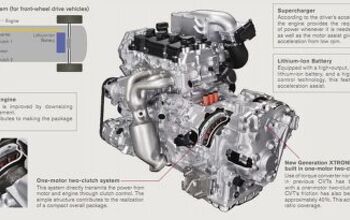
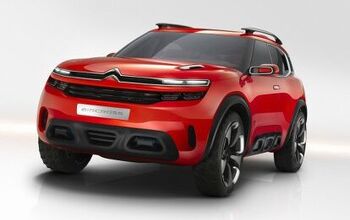
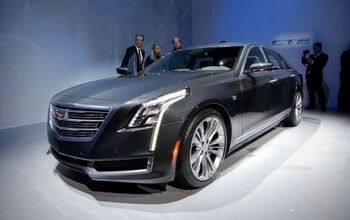
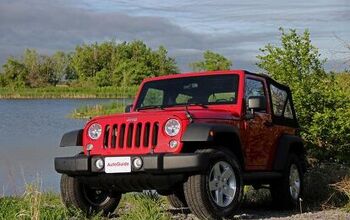
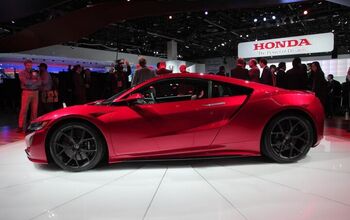




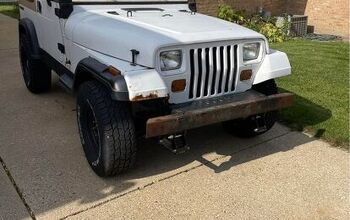





Comments
Join the conversation
This is interesting.. but, the key for me would be how much it adds to the cost of the trailer vs. what it saves on fuel. Most RVer's (I have a 40ft that sucks fuel like a battleship :-))) don't drive that many miles per year. My personal setup is at a lake near I-40. The motorhome stays there year round and I use the RV like a cabin to enjoy the lake.. Then 2-3 times per year I fire it up and head out on a trip with the family. So maybe a 2000 miles a year.. maybe...
I think the economics/physics here are being overlooked, so to speak. It might be better to have a powered trailer, but the extra weight will wear the tires quicker and require a heavier frame,and the batteries have to be manufactured. I think this is actually a clever way to disguise the fact that most "green" technology actually uses more resources to manufacture and maintain. Oh, and the price difference? I wonder how many lifetimes it will take to recoup the price of even the first set of batteries.
Another consideration may be related to the advice regarding using cruise/speed control during rain or other possible "slick road" conditions. Do you want those trailer wheels to provide propulsion whenever they are designed to do so with no regards to road conditions? At the least, a handy on/off switch so the driver who knows or should know friction factors can maintain maximum control of his vehicle and attached units.
So, we leave the flatlands for some camping in the mountains. Since most of the drive is uphill, there will be very little regenerative braking benefit on the way up, and the hybrid car will need to run on gasoline most or all of the trip. Coming back down the hill, there will be some minor benefit, but then, any car, coasting down a hill, doesn't use much fuel. Then we get home and park the trailer on the side of the house with it's fully regeneratively charged batteries, where it will gradually discharge until we pull it out again next summer. Handy in a power outage, but so is a generator and a standard camper trailer, and for a lot less money. But, we do get the benefit of feeling superior to those other campers who don't have regenerative braking on their overpriced trailer. Color me skeptical. A difference, to BE a difference, has to MAKE a difference...